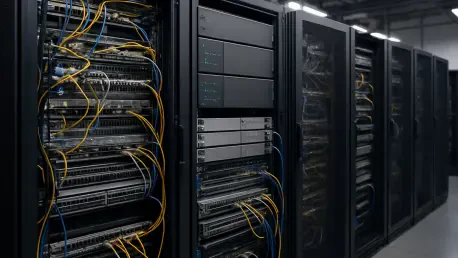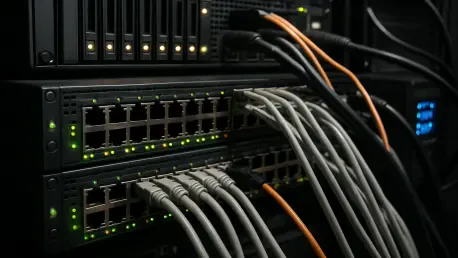
The global volume of digital information is currently expanding at a rate that far outpaces the physical capacity of our most advanced data centers, creating a silent crisis in archival sustainability. Traditional storage mediums like magnetic tape and hard disk drives are essentially "living"

The decision for a major telecommunications operator to replace its network core is one of the most consequential moves it can make, akin to a human undergoing a brain and central nervous system transplant. This critical infrastructure governs every connection, every data packet, and every service

In a decisive move that signals a significant maturation within the Layer 2 landscape, the Base network has initiated a major technical overhaul to forge its own path, diverging from the foundational Optimism OP Stack that has underpinned its operations. This strategic shift involves consolidating

The emergence of glass-based data storage represents a significant advancement in the archival industry, offering a solution designed not for decades, but for millennia. This review will explore the evolution of this technology, its key features, performance metrics, and the impact it is poised to

Amidst the relentless expansion of the Internet of Things, a specialized wireless technology has quietly reached a critical mass, now connecting 125 million devices across the globe and forcing the industry to reconsider the very foundations of digital connectivity. This technology, LoRaWAN, is not

The relentless expansion of artificial intelligence from experimental labs into the core of daily business operations is generating a torrent of data traffic that legacy network infrastructures were never engineered to withstand. As enterprises embed AI into customer-facing applications, internal
1 2 3 4 5 6 7 8 9 10 11 12 13 14 15 16 17 18 19 20 21 22 23 24 25 26 27 28 29 30 31 32 33 34 35 36 37 38 39 40 41 42 43 44 45